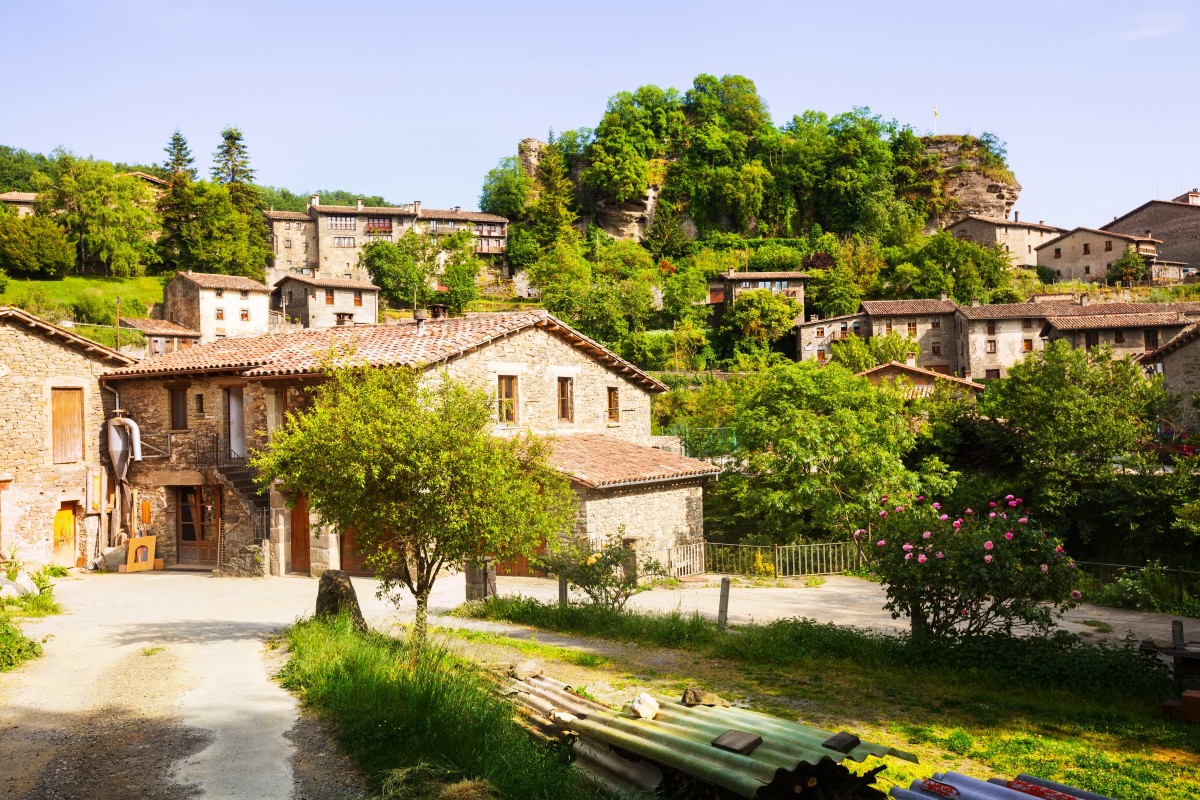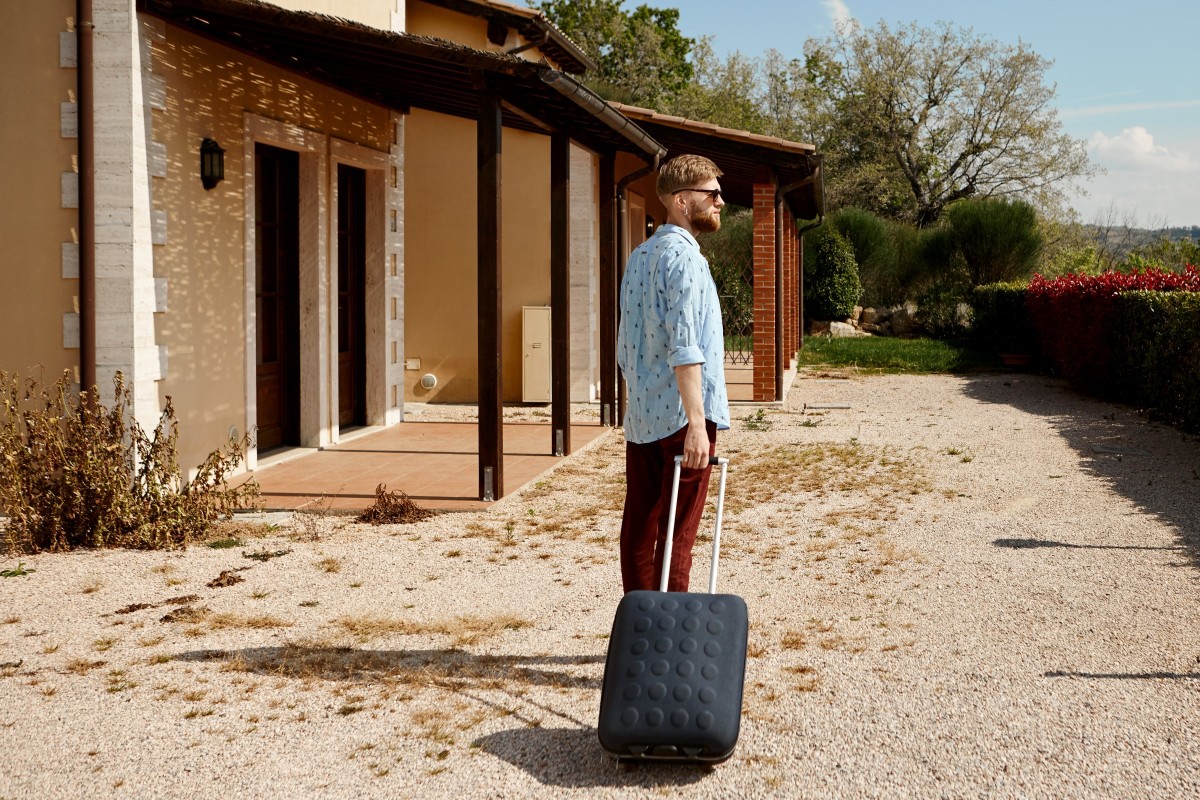
The depopulation of rural areas in Spain has been a growing concern in recent decades, giving rise to what is known as "empty Spain".
Faced with this demographic challenge, the government and various institutions have implemented measures to encourage village life, including subsidies and grants for those choosing to settle in these communities.
What are the main causes of depopulation in Spain?
According to the latest census, 53% of Spanish towns have fewer than 500 inhabitants, and 90% are at risk of demographic extinction. The causes of this phenomenon are diverse and complex but can be summarised by three main factors:
- The rural exodus: this is the migratory movement of the rural population towards cities in search of better living conditions, work, education and services. This process increased during the 20th century, especially during Franco's regime and the democratic transition, and caused people to abandon many villages and towns.
- Ageing population: this is due to the rural exodus and the low birth rate. The remaining population in rural areas is mainly elderly, with a high life expectancy but a low quality of life. No generation turnover makes it difficult to sustain economic and cultural activities.
- Lack of opportunities: this is due to low public and private investment in rural areas, which translates into a lack of infrastructures, services, employment, innovation and development. The digital divide, job insecurity, dependence on the primary sector and loss of identity are some problems that the inhabitants of empty Spain face.
Funding projects for territorial transformation
To tackle the challenge of a depopulated Spain, the Spanish Government has launched the Recovery, Transformation and Resilience Plan, including a specific grant scheme for territorial transformation projects and the fight against depopulation.
This support aims to boost the economic and social reactivation of territories affected by depopulation by supporting innovative, sustainable and inclusive projects that generate employment, wealth and well-being.
The projects eligible for these grants fall within one of the following lines of action: digitalisation, ecological transition, gender equality, social cohesion, culture, tourism, agri-food, industry, trade, public services and territorial cooperation.
The beneficiaries will be local entities, autonomous communities, universities, research centres, companies, associations and foundations.
Grants will be awarded through open tenders, considering criteria, such as impact, feasibility, sustainability, participation and cooperation. The total budget earmarked for this scheme is €10 billion, of which €7 billion will come from European Next Generation EU funds.
What is Plan Repuebla, and what does it consist of?
Plan Repuebla initiative aims to combat depopulation in rural areas of Spain by offering housing and job opportunities to people who want to move to these areas. It is divided into two phases:
- The first phase consists of contacting and collaborating with the local councils of the villages affected by depopulation and creating a stock of vacant housing suitable for living.
- The second phase consists of making these houses available at a reasonable rental or sale price to users who want to change their lives and help repopulate these villages.
Plan Repuebla also provides information on the villages, available jobs, grants and subsidies, and social initiatives in rural areas. The Plan aims to improve people's quality of life, promote the regions' economic and social development, and preserve Spain's cultural and natural heritage.
Grants for young people to repopulate rural areas in Spain

Along these lines, the 2022-2025 State Plan for Access to Housing was created, contained in Royal Decree 42/2022 of 18 January, which includes direct aid for buying a home for under 35s in villages with fewer than 10,000 inhabitants.
The aid consists of a €10,800 subsidy with a limit of 20% of the purchase price for young adults who purchase a home in these villages.
In addition, the property must be the applicant's main, permanent residence for at least five years, the price must not exceed €120,000, and the cohabitation unit's income must not be more than three times the IPREM.
According to the Royal Decree, among other requirements that each autonomous community will impose, applicants must have an annual income below €24,318. In addition, they must have a home purchase contract in a small town after 1 January 2022. After applying for this aid and if it is granted, the interested party will have three months to provide the public deed of ownership or the private purchase contract.
Tax deductions to favour empty Spain
Some Spanish communities have personal income tax deductions to attract new inhabitants back to their villages:
- Aragon: The Aragonese community has set a limit in villages with fewer than €3,000 inhabitants so that under 35s who want to receive this grant will have to look for a house in these villages.
- Asturias: The grant will be for buying or renovating a permanent home in areas at risk of depopulation. It will apply to under 35s, large families or single-parent families.
- Castilla and León: This community will grant support to those under 36 years of age for buying a home in villages with less than 10,000 inhabitants, or €3,000 if it is within 30 kilometres of a provincial capital.
- Community of Madrid: Discounts of up to €1,000 on personal income tax for those under 35 living in villages with less than 2,500 inhabitants, and a 10% discount on personal income tax for people buying or renovating homes in these villages.
- Castilla La Mancha: a 15% bonus is given to buy or renovate a property carried out after 1 January 2021 in villages with less than 5,000 inhabitants.
- Murcia: A deduction of 15% for buying or renovating a primary residence in rural areas, with a limit of €9,040; a deduction of 20% for renting a primary residence in rural areas, with a limit of €700; and a deduction of €1,000 for starting an economic activity as a self-employed or employed person in rural areas.
- Galicia: the personal income tax deduction is 10% of the amount paid for buying or renovating the main residence in villages with less than 3,000 inhabitants. This deduction is up to €400 per taxpayer and applies to people under 36, large families or people with disabilities.
- La Rioja: In this case, the rebate will be for buying, building or renovating a primary residence in small villages.
Other grants by Autonomous Community
List of autonomous communities that offer other types of subsidies for living in "empty Spain" in Spanish: